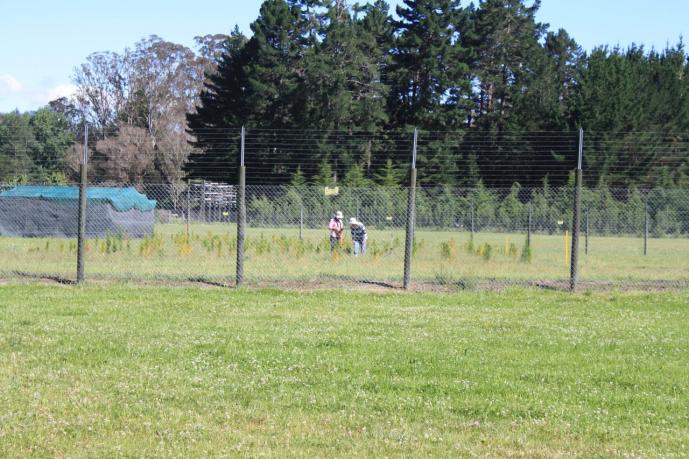GE or not GE? A victory for democracy
New Zealanders can take heart that it is now confirmed that regional councils have the right to make planning decisions about the outdoor use of genetically modified organisms (GMOs) in their regions. Environment Court Judge Newhook determined yesterday that there is jurisdiction under the Resource Management Act for regional councils to make provision for GMOs through regional policy statements and plans.
“We welcome this as a victory for sound resource management,” said Marion Thomson, co-chair of the Soil & Health Association of New Zealand. “The decision confirms our view that the RMA allows local bodies to manage any potential use of GMOs as part of their land use (resource management) planning function.”
The case was brought by Federated Farmers of NZ, who had lodged an appeal with the Environment Court opposing precautionary provisions for GMOs in the Proposed Northland Regional Policy Statement. Soil & Health and GE Free Northland coordinated a group of 12 other interested parties in support of Whangarei District Council and Northland Regional Council in the Environment Court last month.
As a starting point, Federated Farmers challenged whether there is jurisdiction for local authorities to make provisions for the management of the outdoor use of GMOs under the RMA. That challenge has now been rejected by the Environment Court.
“Soil & Health and GE Free Northland combined represent more than 3000 members plus consumers and producers, both organic and conventional, who want to avoid GE. Our view – and the view of a majority of Kiwis in survey after survey – is that genetic engineering is not needed or wanted in our food or environment,” said Marion Thomson. “The best path for New Zealand is to live up to our clean and green reputation by using GE-free, organic and sustainable farming methods that benefit our environment, health and economy.”
GE Free Northland spokesman, Martin Robinson, added: “Local authorities need to be able to respond to their communities’ aspirations. The laws around liability for GMO contamination resulting from the release of an approved GMO, for example, are non-existent. There are risks to the economy, the environment, biosecurity, and cultural and social values. Therefore councils may want take a precautionary approach and impose conditions on the outdoor use of GMOs in their area. This could include, for example, identifying areas where the use of GMOs is not appropriate, or establishing policies and criteria for assessing potential impact on other resources, such as existing organic farms.”
Several councils, notably in Auckland, Northland, Bay of Plenty and Hastings, already have precautionary or prohibitive wording regarding GMOs in their plans.
In the 2013 case Scion vs Bay of Plenty Regional Council, the Environment Court (also)allowed the Council to retain reference to GMOs in its Regional Policy Statement. Soil & Health also took a lead role among a group of section 274 parties (submitters) in support of the Bay of Plenty Regional Council’s retention of precautionary GMO references.
This latest decision by Judge Newhook validates and strengthens that decision, and confirms that both the HSNO Act and the RMA have complementary roles to play in the management of GMOs in the environment.
CONTACTS
Marion Thomson,
Co-chair, Soil & Health Association of NZ
027 555 4014
Martin Robinson
Spokesperson, GE Free Northland
09 407 8650
022 136 9619

